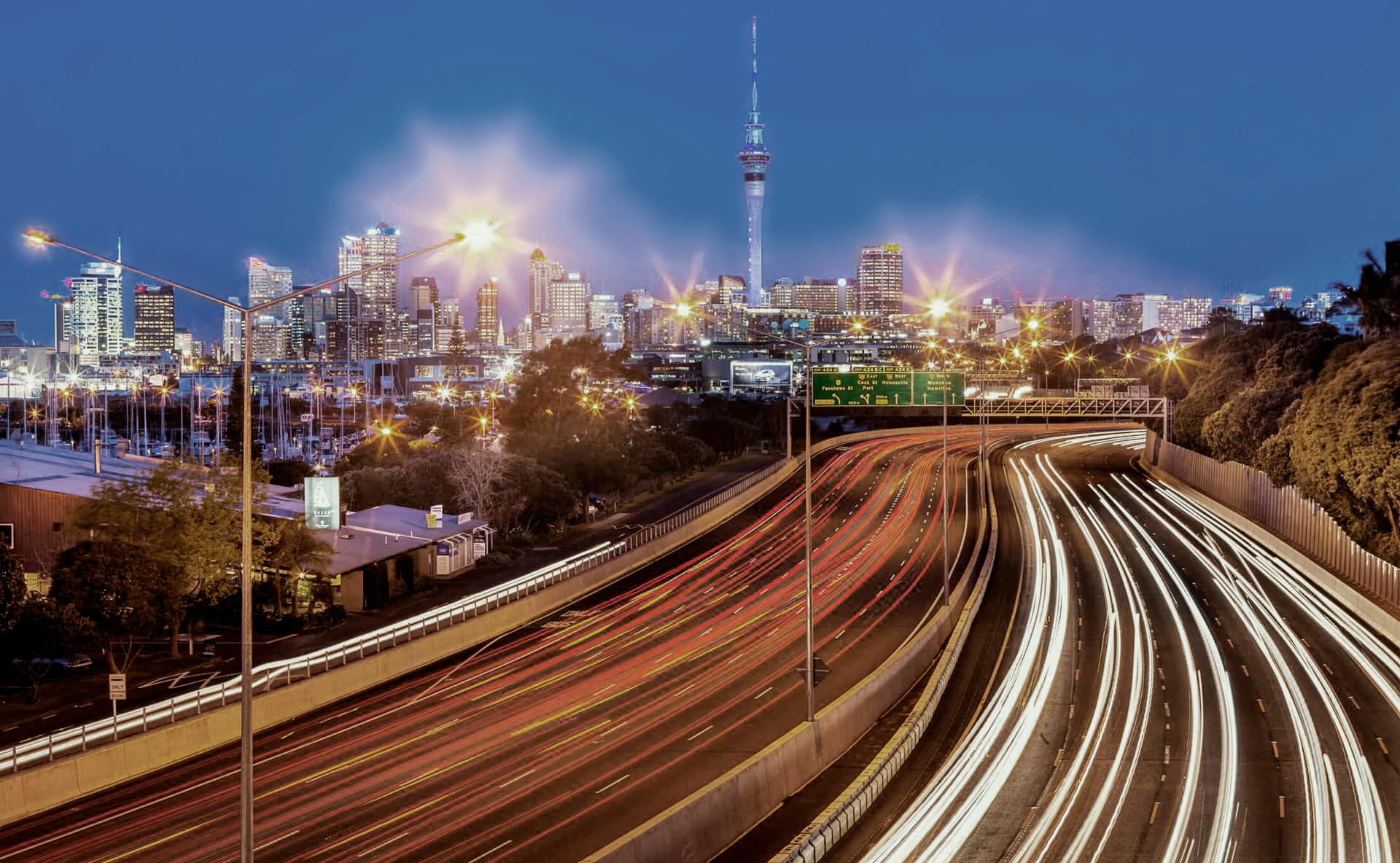The opportunity
StraitNZ operates freight and passenger shipping ferries between the North and South islands of New Zealand. Formerly Strait Shipping Limited and Bluebridge, the company also runs a network of trucking and logistics services across New Zealand.
StraitNZ represents a recent amalgam of family-owned businesses that have been operating in New Zealand from as early as 1963. Its fleet encompasses an extensive family of ferries and heavy road vehicles that have operated under different businesses for some time.
Now jointly owned by CHAMP Private Equity and Macquarie Capital, the board of directors, identified an opportunity to strengthen the safety awareness and performance across the StraitNZ companies – not surprising given the natural evolution of these privately-owned small business operating in high-hazard industries.
While the board has significant experience and expertise across industries and disciplines, they realised that they would benefit further from a Safety and Environment Management expert who could provide them with ongoing leadership and support.
StraitNZ invited David Provan from Forge Works to guide them. With a PhD in Safety Science and more than 20 years of experience working with boards across high-hazard industries David was a perfect fit for the needs of StraitNZ.
The solution
As the ‘bridge’ between New Zealand’s North and South islands, transporting primary agriculture products via two ferries 24 hours a day, in any weather, StraitNZ know it needs a uncompromising focus on safety, from the board of directors to management to front-line workers.
While heavily regulated by Maritime New Zealand and Worksafe – and compliant in all the ways it needed to be – the company had limited internal governance structures in place to support safety.
Company boards are tasked primarily with improving the performance of their organisation including safety. To achieve this, StraitNZ pro-actively chose to bring in independent expertise and guidance to support the Directors and Management.
This meant the directors could effectively govern safety management within the organisations, and also develop their own understanding and confidence around safety risk through the engagement.
StraitNZ established two board sub-committees – one dedicated to Health and Safety, another focused on Environment – as well as a calendar of activities for the directors so they could better support and guide the executive around matters of safety.
The outcome
By independently chairing these sub-committees, David continues to build capacity within StraitNZ. His engagement ensures the board remain focused on strategy, risk and performance – in that order.
Typically, boards focus their attention first and often entirely on incidents, as opposed to the more effective role of the board, which is to focus on strategy and risk management.
With David’s guidance, the StraitNZ Board have established a practice that continually considers its progress on improvement activities, and the management of material risks, before focusing on incidents.
Coaching and mentoring has also been a significant part of the engagement. David meets with directors to review agendas and papers before meetings and works with the executive team, CEO and operations leadership to tackle any issues the company might be facing between the formal meetings of the Board.
By inviting David into StraitNZ as an independent safety expert, the company has been able to develop its own best practice around safety – inspired by the latest industry developments and safety science research, and guided through conversations around culture, safety and compliance.
There is no downside to this industry leading innovation in safety governance. Not only does StraitNZ benefit from a more pro-active board to drive and support improved safety performance, in doing so the company has developed a robust demonstration of due diligence should an incident ever occur.

